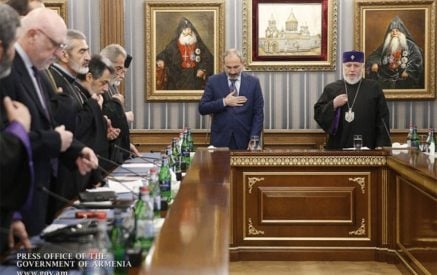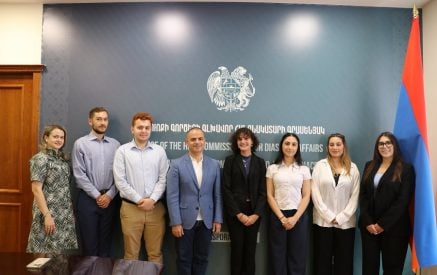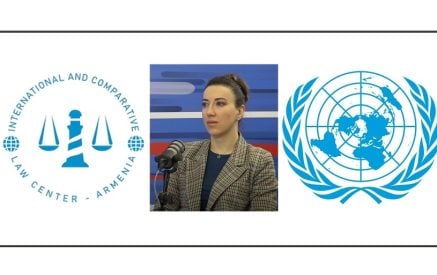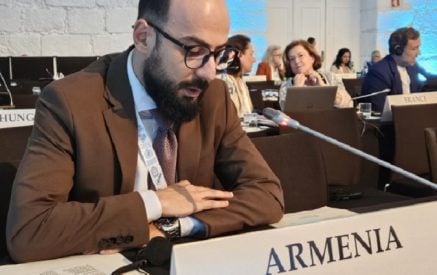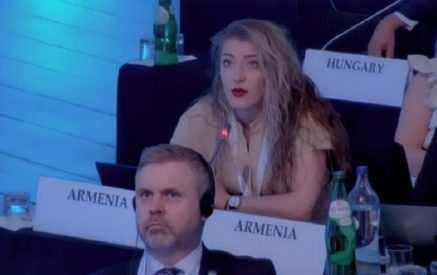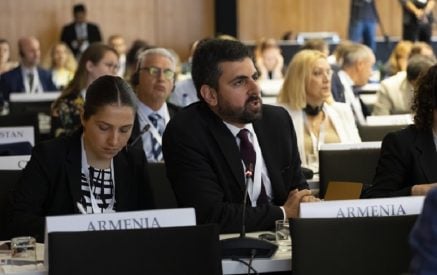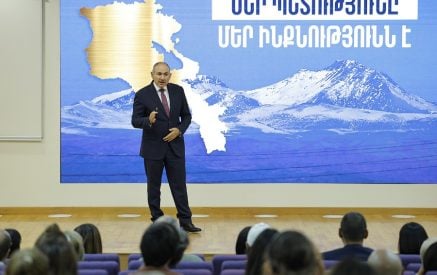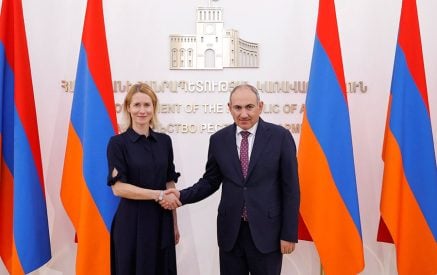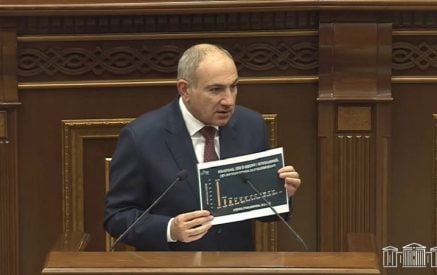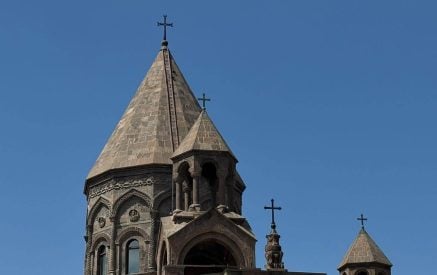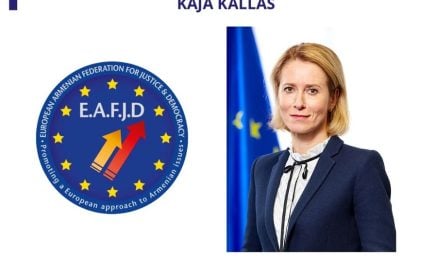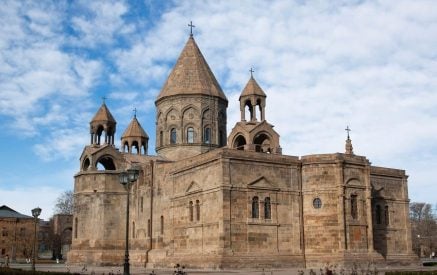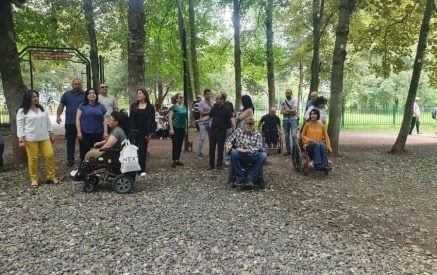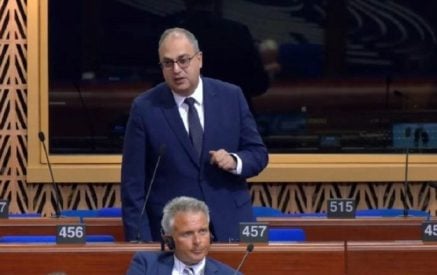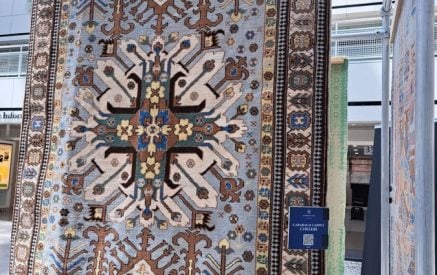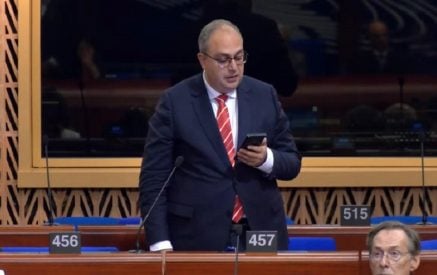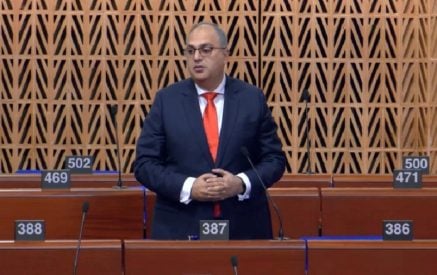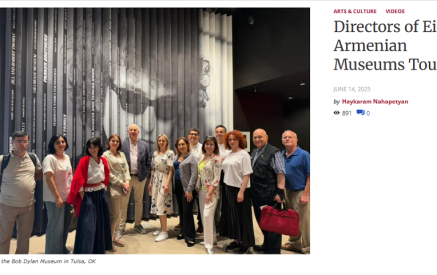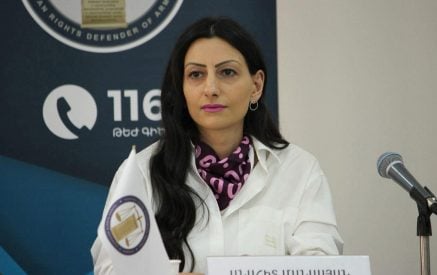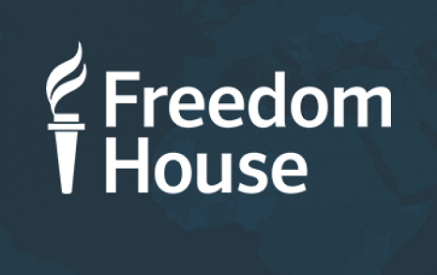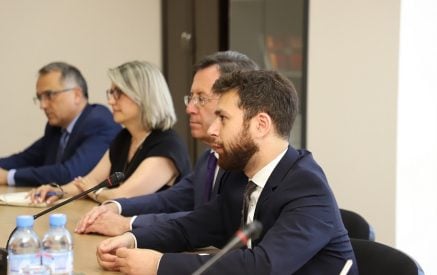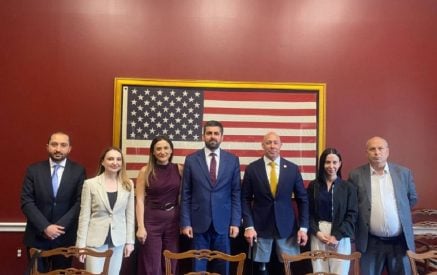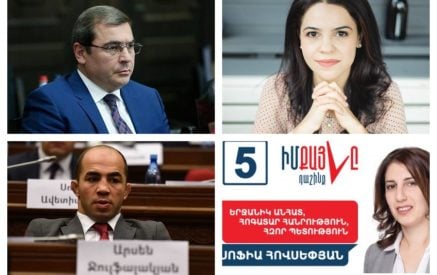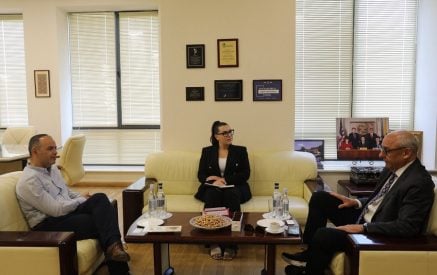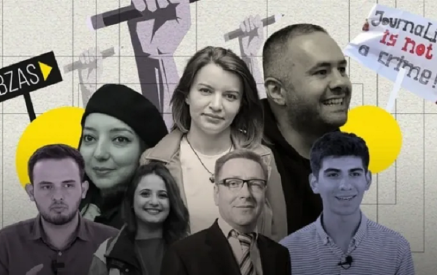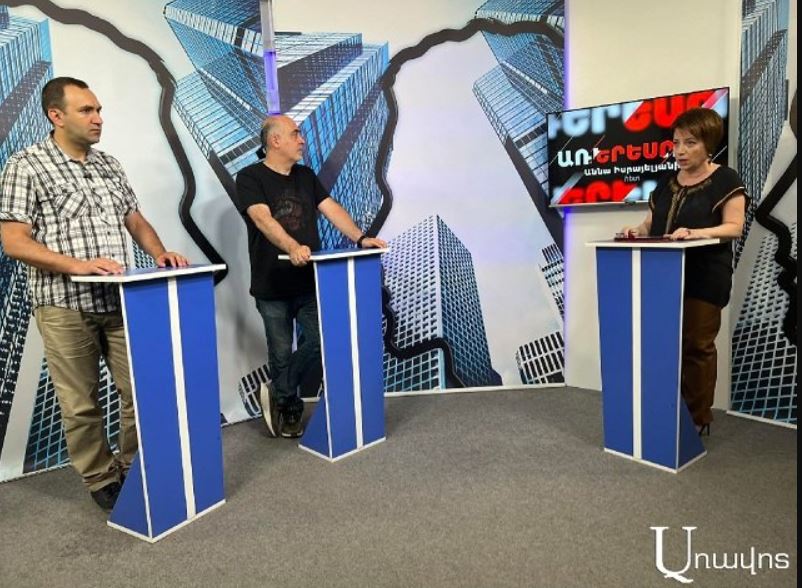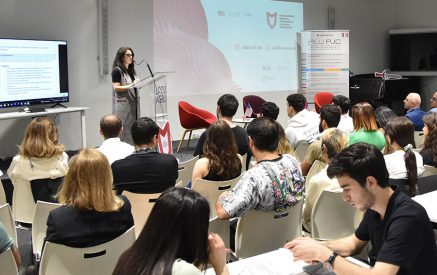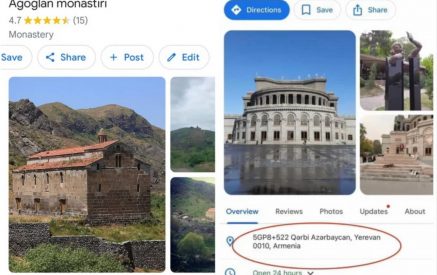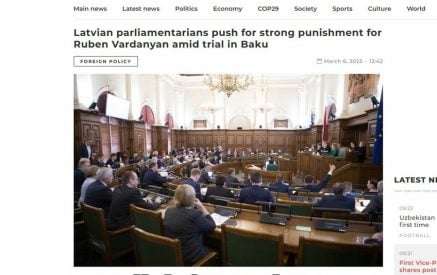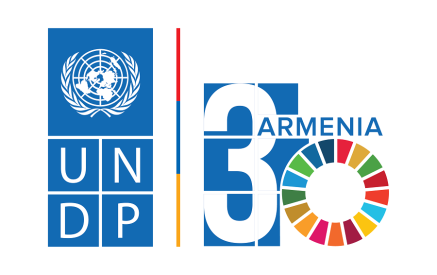“We discovered before the prosecutor’s office that whatever you say is on the Internet, so it’s not like it’s news,” this is how CyberHUB co-founder, information security specialist Samvel Martirosyan, guest of Aravot’s “Areresum (Confrontation)” program, responded to the reminder that the RA State Interests Protection Department of the General Prosecutor’s Office found out that “in recent years, in the conditions of the wide spread of the Internet, there has been a proliferation of websites, social networks with national, religious, sexual, or other discrimination, containing materials prohibited for circulation in the Republic of Armenia, including drug advertisements, or containing an open invitation to sell or the dissemination of information of a criminal nature.”
And taking this into account, RA General Prosecutor Artur Davtyan proposed to the Armenian government to discuss the issue of subjecting the security of information distributed through Internet resources to legal regulation, and on the basis of this, to implement state control in the field. “There are many questions here. For example, why did the prosecutor’s office discover this now, two months before the prosecutor’s departure, after his visit to Russia?” Samvel Martirosyan said.
The other guest of the program, CyberHUB co-founder, media expert Artur Papyan, substantiating with examples, claimed that we are dealing with authorities that are ready to establish censorship, as they did, say, in the spring of 2020. “Having this background in the past, in the background, when this government proposes this, it raises serious concerns.” In response to the question about if they afraid that in case of such a decision, the regulation may be extended to mass media, users posting on social networks, because the prosecutor’s office assures that there will be control only over those publications that incite enmity, justify crimes, narcotics in advertising, etc.,
Mr. Papyan responded, “Let’s look at the question in terms of two criteria: how effective is what is being proposed, and secondly, how likely is it to be abused? From the point of view of efficiency, you can imagine that Armenia is one of the smallest parts of the global Internet. When we operate in an environment where an attempt will be made to introduce such restrictions, it can be immediately predicted that these transactions, negative phenomena will be migrated to other platforms: from the .am domain will go to .com or some other domain, which will go to the dark web.”
Read also
According to him, even today’s levers can be lost. “In other words, if we talk about efficiency, the prosecutor’s office should not try to create a control mechanism, but should raise the level of its operative, investigative work.” As for the possibility of abuse, the media expert said, “Reading in the footnotes what is planned to be created, in order to do this, some regulating and controlling systems should be installed on all connections entering and exiting RA. They are very expensive. After investing in it, if it turns out that there are not many criminals or the people using the leverage I mentioned have moved to other platforms, we will have millions, billions spent, and a ready-made system that says ‘come get me, use it.’ In all the places where we have seen negative developments, it all started with the call to “save the children.”
Let’s prevent child pornography, then let children not see bad things, 18+… The levers are created, and then they start to use them against others.” In relation to the assertions of law enforcement officers that the security of information on the Internet is not regulated and there is no legal control mechanism, Samvel Martirosyan specifically said, “We have a cyber-police (the department for combating computer crimes operates within the Armenian police.-ed.)
It is developing in a very wrong way. I mean, it would have to be one of the biggest departments now, because obviously most of the crime has moved into the online domain. For example, in terms of money laundering, people definitely lose a lot more money to cybercrimes than to pickpockets and so on. But the state actually does not encourage the development of cyber police, neither the staff nor their technical equipment, etc. Then they say, why are they doing this and that with Telegram? In other words, let’s understand the existing things, how they are used, bring them to our senses, and then decide to create a ministry of censorship.”
Artur Papyan added later, “If it’s a criminal offense, what does it matter whether it’s done on the Internet or directly on the street? The levers and mechanisms should be the same.”
Anna ISRAELYAN



